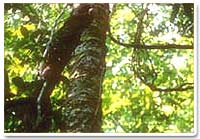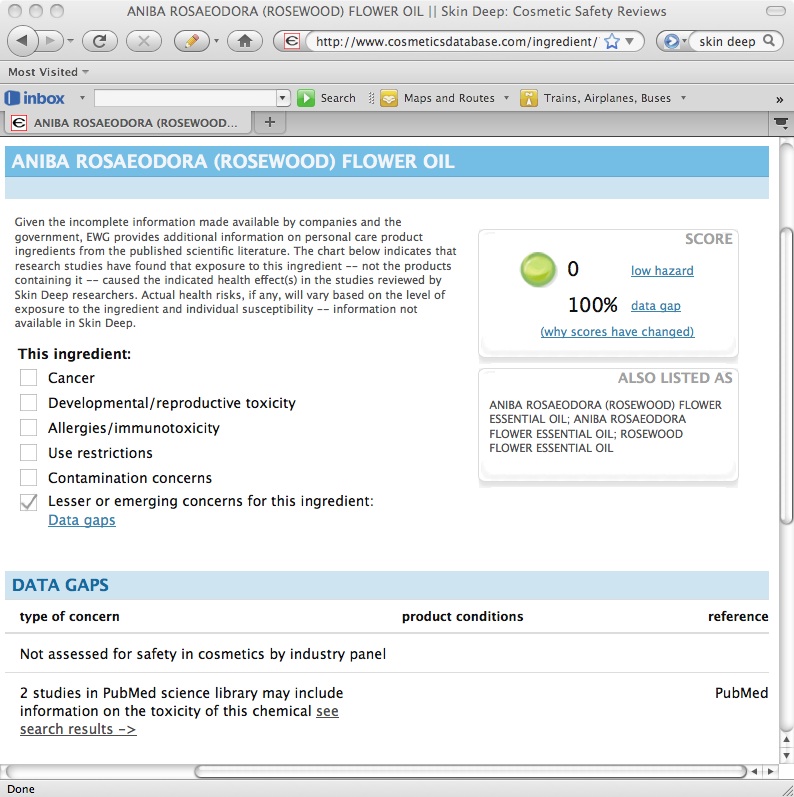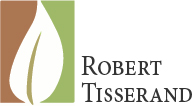It’s hard to tell how many essential oils are covered in Skin Deep, the Environmental Working Group’s database, because if you put “essential oil” their search box, the results are pretty hit-and-miss. When I tried it, only 16 of the first 50 items listed were essential oils. Lemon oil, interestingly, was listed twice: CITRUS MEDICA LIMONUM (LEMON) OIL (hazard rating 0) and CITRUS MEDICA LIMONUM (LEMON) PEEL OIL (hazard rating 2). The second one is defined as: “volatile oil obtained from the fresh peel of of lemon, Citrus medica limonum.” The first one is not defined at all, but is also listed as “Lemon essential oil, Citrus limon (lemon) essential oil..” etc.
What were they thinking? Is one of these lemon leaf oil? Clearly not. Lemon flower oil? No again, and anyway it does not exist. Lemon essence oil? That’s theoretically possible, but I doubt that the authors of Skin Deep are familiar with essence oils, which are almost entirely used in food flavorings, and there’s no way that lemon essence oil is used in 618 personal care products. So, we have two different lemon fruit peel oils, from the same plant, but with different hazard ratings.
 This is not an isolated example – you will also find separate pages for ANIBA ROSAEODORA (ROSEWOOD) and ANIBA ROSAEODORA (ROSEWOOD) OIL. (Note that rosewood essential oil is the only product of this tree.) But for ultimate strangeness, nothing beats: ANIBA ROSAEODORA (ROSEWOOD) FLOWER OIL. Ironically, the only concern for this item is listed as “Data Gaps”, but the real data gap is simply that rosewood flower oil does not exist! Except on the Skin Deep database, and once they have read this blog, I imagine not for much longer. Try this exercise – do a search for “rosewood flower oil” and let me know if you find any reference to such an oil.
This is not an isolated example – you will also find separate pages for ANIBA ROSAEODORA (ROSEWOOD) and ANIBA ROSAEODORA (ROSEWOOD) OIL. (Note that rosewood essential oil is the only product of this tree.) But for ultimate strangeness, nothing beats: ANIBA ROSAEODORA (ROSEWOOD) FLOWER OIL. Ironically, the only concern for this item is listed as “Data Gaps”, but the real data gap is simply that rosewood flower oil does not exist! Except on the Skin Deep database, and once they have read this blog, I imagine not for much longer. Try this exercise – do a search for “rosewood flower oil” and let me know if you find any reference to such an oil.
Aniba rosaeodora is a very tall tree that grows in South American rainforest (see pic). Yes, it has flowers, but they are, tellingly, not fragrant. Distillation is typically carried out by the felling of a single tree, and the oil comes from the wood. I cannot imagine what rosewood flower oil, if it did exist (and if the flowers were fragrant) would cost. Well actually I can imagine, it would be hugely, massively expensive and again, you would not find it in too many personal care products.

The Environmental Working Group seems to know little about essential oils, and by the way they do not mention that Aniba rosaeodora is an officially threatened species. But, perhaps the word “environmental” in their title has nothing to do with sustainability. That’s not a sarcastic comment, I am genuinely wondering.
Returning to lemon oil, two pages and two hazard ratings for the same essential oil is odd. Very odd. Adding to the confusion, Skin Deep gives limonene a hazard rating of 6 (their scale is 0-10), and yet lemon oil consists of up to 76% limonene. So here’s what I’m wondering – when rating a product containing lemon oil for its hazardous-ness (the word “risk” is inappropriate here, for reasons I will discuss another day) should we go by lemon oil, or limonene? Perhaps it depends what’s on the product label. If it mentions “lemon oil” it’s a 0, if it mentions “lemon peel oil” it’s a 2, and if it mentions either one but also limonene (which has to happen for a product containing lemon oil in Europe, as you may know) then maybe it’s a 6?
The Skin Deep number game doesn’t really matter too much at this point. It’s only a website. But, if people were to start taking this seriously, we would be in a world of confusion.
Rosewood flower oil has a hazard rating of 0, which seems appropriate for a non-existent oil. It’s also listed as appearing in “0 products”. At least they got that part right.
Note to EWG – my consultancy services are available if you want help cleaning up. I’m just saying…


An excellent post, Robert, but the increasingly discredited Skin Deep database has even more flaws than the essential oils you have mentioned:
http://personalcaretruth.com/2010/05/skin-deep-scratching-below-the-surface/
It just doesn’t work at all!
While the Skin Deep website is a nice compilation, their number system of designating an ingredient’s hazard level does seem a little arbitrary. Their site does need a little work!
The EWG seems to be perfectly okay with their website being incorrect. They just blame it on “incomplete information made available by companies and the government…”
If ever there was a subject with tons of available information it was lemon oil. But better to blame corporations and the government than to do your own research or hire real experts in the field.
Thanks Robert! I have shared the inconsistencies and scare tactics of the EWG. For a group whose name indicates they are proactive watchdogs of personal care products and safety, their information does lead to a lot of consumer confusion due to the lack of accurate facts. Another post well done.
Thanks for this post, Robert. Interesting information. There certainly is a lot of misinformation circulating regarding essential oils and it shows the need for education in Aromatherapy.
There is a good reason why chemical names, botanical names and INCI names are used – it prevents this type of confusion. Thanks for the info Robert! Great as always. I think the EWG could use alot of consultancy help.
I couldn’t help but feel a great sense of satisfaction from reading your post. This was the main reason I backed out of Skin Deep way back when we actually thought it was going to be what they said they were going to be. At that time I was so excited (still am of course) about how effective essential oils are in personal care products, but after trying to put in several of my formula’s, I kept finding “No Data”, which automatically gave it a high hazard rating. I became quite frustrated and disappointed at that point, but at least I knew early on that they didn’t know what they were doing and their agenda was not what they said it was. I can only repeat what I’ve said over and over again – if they have NO DATA – then don’t comment on it! Give it a 0 rating before a 10 rating, at least giving the consumer the opportunity to find out for themselves. It would be good if they would take you on as a consultant!
Way to go Robert!!! Love this post! Thanks for this, I’m a small bus. owner of an all natural custom aromatherapy company, and have tried using their database as well with numerous problems listing the essential oils as ingredients in my products. I finally just gave up. Anyway, just wanted to show you some support and I even included your post in my blog to spread the word! See it here; http://yellowstaressentials.wordpress.com/2011/03/31/skin-deep-hazardous-to-natural-beauty-business-owners/